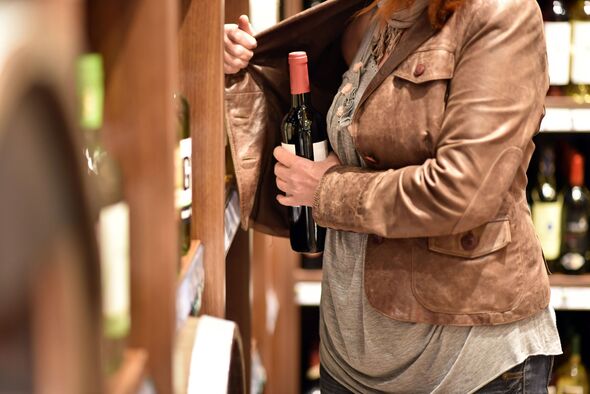

The day of the week that shoplifters target UK supermarkets most often has been revealed, thanks to an AI analysis of 1,000 shoplifting incidents. CCTV footage from several top supermarkets showed that 80% of stolen goods were concealed in clothing or bags before reaching the checkout, while only a fifth of stolen items were visible at the checkout.
Considering the findings, the study carried out by technology firm Trigo, which works with Tesco, REWE, Ali Nord, and Netto, noted that the statistics prove retailers’ current focus on using AI for ‘non-scan detection’ at checkouts is “fundamentally misaligned with how theft of commonly stolen products actually occurs”.
According to the study, Thursdays are the day thieves strike the most. The study revealed that thefts peaked on weekday afternoons and evenings, with Thursdays accounting for 18.4% of incidents. In contrast, Saturdays saw the lowest rates of theft, with just 4.6% of items stolen on that day.
The most frequently stolen categories were also highlighted by analysing verified theft incidents. Beverages topped the list at 22%, followed by fresh produce at 19% and bakery items at 10%, reports The Grocer.
Daniel Gabay, CEO of Trigo, said: “Most retailers today are either discovering what was stolen after the fact through inventory audits, or at best, catching visible theft at checkout
“As theft tactics evolve beyond simple scanning avoidance to systematic concealment, the question for the industry becomes whether traditional security infrastructure can adapt, or whether AI-powered tracking from shelf to exit will become the new standard.”
Various retailers have announced or introduced AI systems that monitor footage of customers at self-checkouts to catch thieves. Exclusive research for The Grocer found that 37% of UK shoppers have failed to scan at least one item when using self-checkouts.
Trigo said that the findings offered “one of the most comprehensive views to date on how theft takes place across the store environment” and “should mark a shift” in how the industry understands shrinkage, given “the majority of loss happens before the checkout point”.
Home Bargains revealed, in April, that it was targeting theft by introducing AI-enabled cameras that can detect items that pass checkout without being scanned, and in July, Lidl shared that it will be testing cameras at self-checkout in two London stores that spot when a customer fails to scan an item and play the footage back to them.









